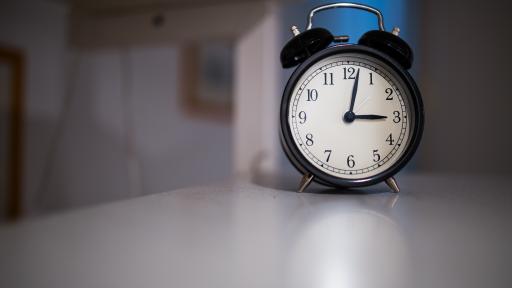Other name: DDVAP, DesmoMelt, Desmospray, Desmotabs, Noqdirna, Octim
Desmopressin is a drug used in the treatment of bladder problems in MS. It is specifically used if you find you need to go to the toilet often during the night – this is called nocturia. The drug can also be used during the day if regular access to a toilet is not convenient, for instance during long haul travelling. However, you must be aware of the danger of retaining too much water if you take desmopressin more than once in 24 hours.
Desmopressin can be prescribed for people with MS experiencing nocturia.
This treatment isn’t suitable for people over the age of 65 (apart from Noqdirna which is a lower dose of desmopressin), or if you have diabetes, heart or kidney problems or dependent oedema (an increase in fluid in the body, which can be caused by inactivity or reduced mobility).
Desmopressin should not be used if you are also taking diuretic or blood pressure medication.
Desmopressin is usually taken by mouth (orally) as a tablet. It’s also available as melt-in-the-mouth tablets, a nasal spray, nasal drops and an injection. You should only have one dose per day, with no fluid for one hour before and eight hours after use.
The nasal spray (product name Desmospray) is now used less frequently due to concerns about the effect on sodium levels in the blood.
Drinking large quantities of fluids when taking this medication can cause a build up of water in your body. Speak to your doctor for advice on the amount of fluid that’s safe to drink when taking desmopressin.
Side effects include:
- headache
- stomach pain
- nausea
The nasal spray can also cause nosebleeds, or a runny or blocked nose.
Desmopressin can cause a lowering of sodium levels in the blood – this is called hyponatraemia. It’s caused by a build up fluid in your body. Early symptoms include:
- an unusually bad or prolonged headache
- confusion
- unexplained weight gain
- nausea or vomiting
Speak to your doctor straightaway if you experience any of these symptoms.
Desmopressin affects the production of urine by the kidneys. It can reduce urine production for six to eight hours.
Research on the effectiveness and safety of desmopressin for treating nocturia in people with MS was reviewed in 2019. Five studies included in the systematic review found that people with MS using desmopressin experienced a significant decrease in the number of times they had to use the toilet during the night. The review reported that side effects on desmopressin are relatively common. The most reported ones included headache, nausea, fluid retention, swollen ankles and – with the nasal spray – inflammation of the inside of the nose and nosebleeds. Despite the side effects, most people taking desmopressin in the studies were satisfied with the drug. The review concluded that desmopressin may be effective for treating nocturia in MS, but higher quality research is needed going forward.

